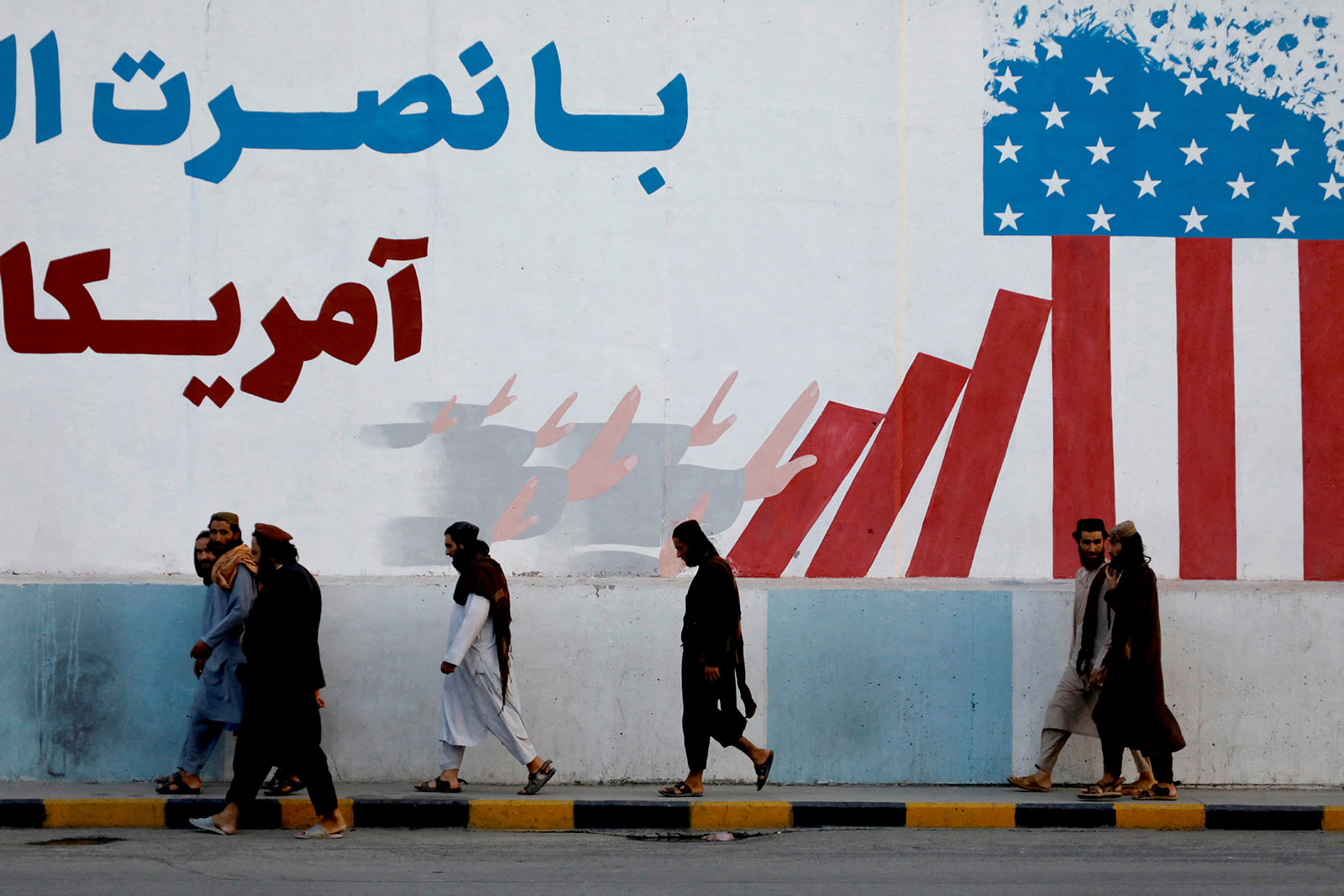Steve Coll

Nearly two years after the Taliban’s return to power in Kabul, the UN refers to the regime only as “the de facto authorities,” to avoid any hint of formal recognition of the Islamic Emirate of Afghanistan, as the Taliban call their government. By any name, the Taliban today control Afghanistan’s territory, as well as federal ministries and local administrations. They also preside over a nation in severe crisis. Food insecurity haunts at least half of the population; a country shattered by more than four decades of war again faces the shadow of famine.
A succession of edicts by Taliban clerics has disrupted the delivery of vital international aid. The Taliban have forbidden girls and women from attending school beyond sixth grade and from working for NGOs, prompting dozens of international aid groups to suspend or reduce operations. In April the Taliban extended their work ban to the four hundred Afghan women employed by the UN, a decision that threatens about $3 billion in annual food, medical, and other humanitarian assistance. (The US and other wealthy donor nations funnel their Afghan aid mainly through UN agencies, to prevent the Taliban from controlling the funds.)
The Biden administration and European governments have many quarrels with the Taliban, but the regime’s policies denying education and work to women lie at the heart of the current emergency over international aid. “This extreme situation of institutionalised gender-based discrimination in Afghanistan is unparalleled anywhere in the world,” Richard Bennett, the UN’s special rapporteur for human rights in Afghanistan, and Dorothy Estrada-Tanck, chair of a UN working group on gender discrimination, reported in May, after an eight-day visit to the country. The Taliban’s practices amounted to an “apparent…crime against humanity,” they concluded.
The Taliban’s position is that their gender policies are an internal matter and that shielding Afghan women from foreign-run workplaces is necessary to prevent sin.
No comments:
Post a Comment